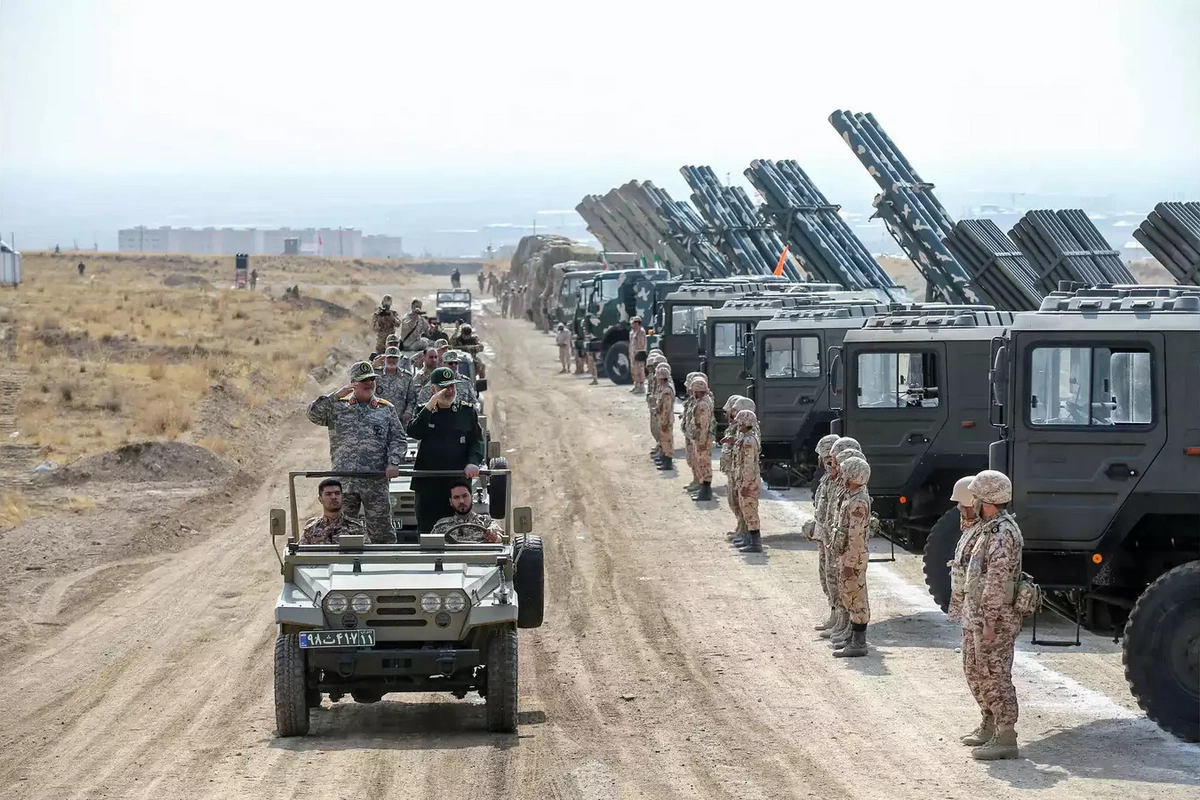
Photo: Reuters
The Iranian military and the Islamic Revolutionary Guards Corps (IRGC) initiated a joint air defense drill near the Natanz nuclear facility in central Iran on Tuesday, testing their readiness to protect the sensitive site from potential attacks, The Caspian Post reports citing Iranian media.
During the first stage of the drills, air defense units practiced plans to protect the facility using point-defense tactics to counter a variety of aerial threats under simulated electronic warfare conditions.
State-affiliated media quoted Brigadier General Ghader Rahimzadeh, commander of the Khatam al-Anbia Air Defense Base, as saying on Monday that the air defense forces have stationed a series of new systems, which are unknown to the enemies near sensitive centers across the country.
An Iranian air defense radar for the S-300 missile system-a Russian-made surface-to-air system designed to counter air raids and cruise missiles-was targeted during Israel's strike on Iran in April last year, according to satellite imagery.
After recent airstrikes by Israel to strategic sites around Iran and Donald Trump’s election in the US, Iran’s armed forces have nearly doubled their winter drills this year, according to the Financial Times, citing an interview with IRGC spokesperson Ali Mohammad Naeini on Monday.
Since at least 2010, Israel has allegedly conducted dozens of attacks inside Iran, targeting sensitive nuclear and military installations.
These attacks became more frequent after July 2020, when a massive explosion occurred at the Natanz uranium enrichment site in central Iran, destroying one of the buildings.
An Axios report this week said that during a meeting in November between Donald Trump and Israeli minister of strategic affairs, Ron Dermer, the two discussed possible strikes on Iran's nuclear facilities.
Share on social media